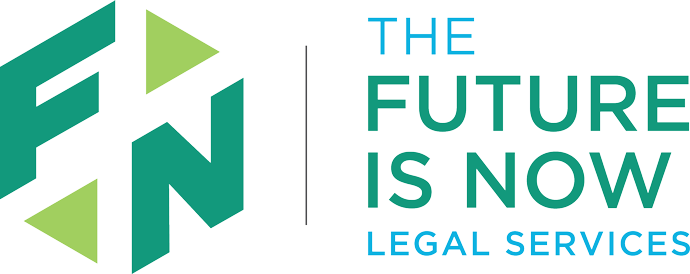The Algorithm as a Human Artifact: Implications for the Duty of Competent Representation
Obligated to remain ahead of the curve, comment 8 to Rule 1.1 of the ABA Model Rules of Professional Conduct demands competence in both practice and technology. Together, these two competencies require attorneys to understand how algorithms work in our legal databases.
This, however, may be easier said than done. When using each of six different legal research databases, the search algorithms were given the same search terms to find cases in the same jurisdictional case database. Yet, the results returned were dramatically different.
Created by humans, every algorithm was made with its own preset matrix of assumptions, biases, and enhancements, resulting in a unique algorithmic worldview. So what’s a lawyer to do? Do we have an ethical obligation to use more than one research platform to better serve clients? What creative search strategies can the profession learn to overcome this algorithmic variability?
Speaker Bio
Susan Nevelow Mart is an Associate Professor and the Director of the Law Library at the University of Colorado Law School in Boulder. Prior to this, Professor Mart served as the Faculty Services Librarian and adjunct professor of law at the University of California, Hastings College of the Law.
As an avid writer and researcher, Susan’s interests center on access to government information, both as a matter of policy and as a matter of human/computer interaction. She has written and presented nationally and locally on legal information policy, national security and libraries, access to information, the Freedom of Information Act, computer information retrieval systems, and legal research pedagogy. She currently serves as Chair of the American Association of Law Libraries Government Relations Committee and the American Association of Law Libraries Task Force on Identifying Skills and Knowledge for Legal Practice.
